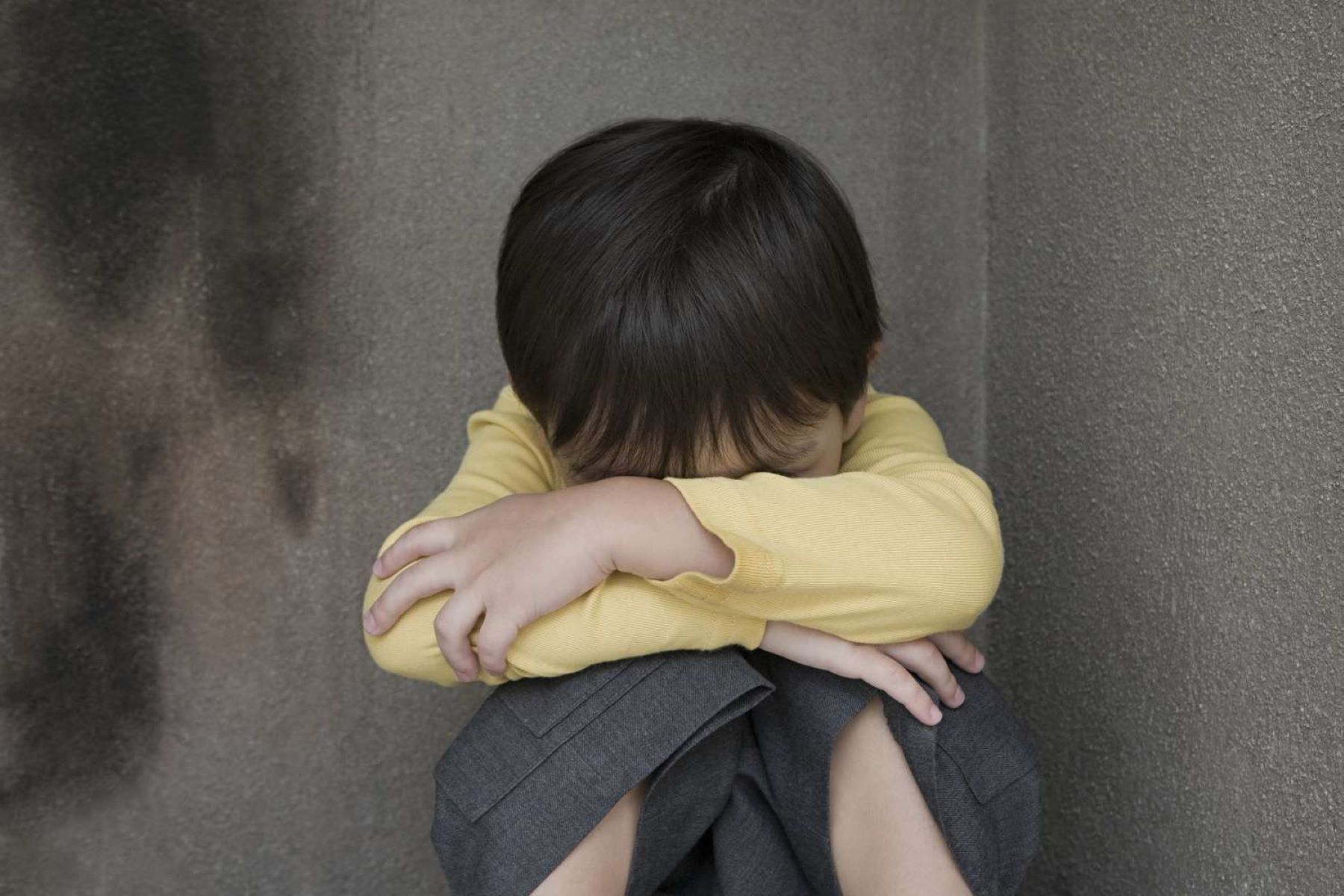Understanding childhood trauma is crucial for recognizing its long-term effects and providing appropriate support. This quiz will challenge your knowledge on the types of trauma, their impact on development, and effective ways to help those who have experienced it. Let‘s see how much you know about this important topic. Good luck!
Questions Overview
1. What is considered a common type of childhood trauma?
A. Moving to a new house
B. Parental divorce
C. Physical abuse
D. Changing schools
2. Which of the following is a potential long-term effect of childhood trauma?
A. Enhanced creativity
B. Increased risk of chronic illness
C. Improved social skills
D. Greater academic success
3. What is the term for the process by which children learn to manage their emotions and behaviors?
A. Emotional regulation
B. Cognitive dissonance
C. Behavioral conditioning
D. Social learning
A. Cerebellum
B. Hippocampus
C. Medulla oblongata
D. Frontal lobe
5. What is the term for the phenomenon where children who experience trauma may have difficulty forming healthy relationships later in life?
A. Secure attachment
B. Attachment disorder
D. Behavioral inhibition
6. Which of the following is a common symptom of Post-Traumatic Stress Disorder (PTSD) in children?
A. Increased appetite
B. Nightmares
C. Hyperactivity
D. Excessive talking
7. Which therapeutic approach is often used to help children process and recover from trauma?
A. Cognitive Behavioral Therapy (CBT)
B. Electroconvulsive Therapy (ECT)
C. Hypnotherapy
D. Aversion Therapy
8. What is the role of a ‘safe adult’ in the context of supporting a child who has experienced trauma?
A. Providing financial support
B. Offering a consistent and supportive presence
C. Enforcing strict discipline
D. Giving academic tutoring
9. Which hormone is often associated with the body’s stress response and can be elevated in children who have experienced trauma?
A. Insulin
B. Estrogen
C. Cortisol
D. Melatonin
10. What is the term for the practice of creating a safe and supportive environment to help children recover from trauma?
A. Trauma-informed care
B. Behavioral modification
C. Cognitive restructuring
D. Psychoanalysis
Can Your Friends Do Better Than You in This Quiz?
Share this quiz with your friends and compare results.
Was this page helpful?
More Popular Health & Wellness Quizzes:
-
Bipolar or ADHD Quiz
-
Sepsis Quiz
-
Medical Terminology Quiz
-
Body Regions Quiz
-
Puberty Quiz
-
Sexual Harassment Quiz











